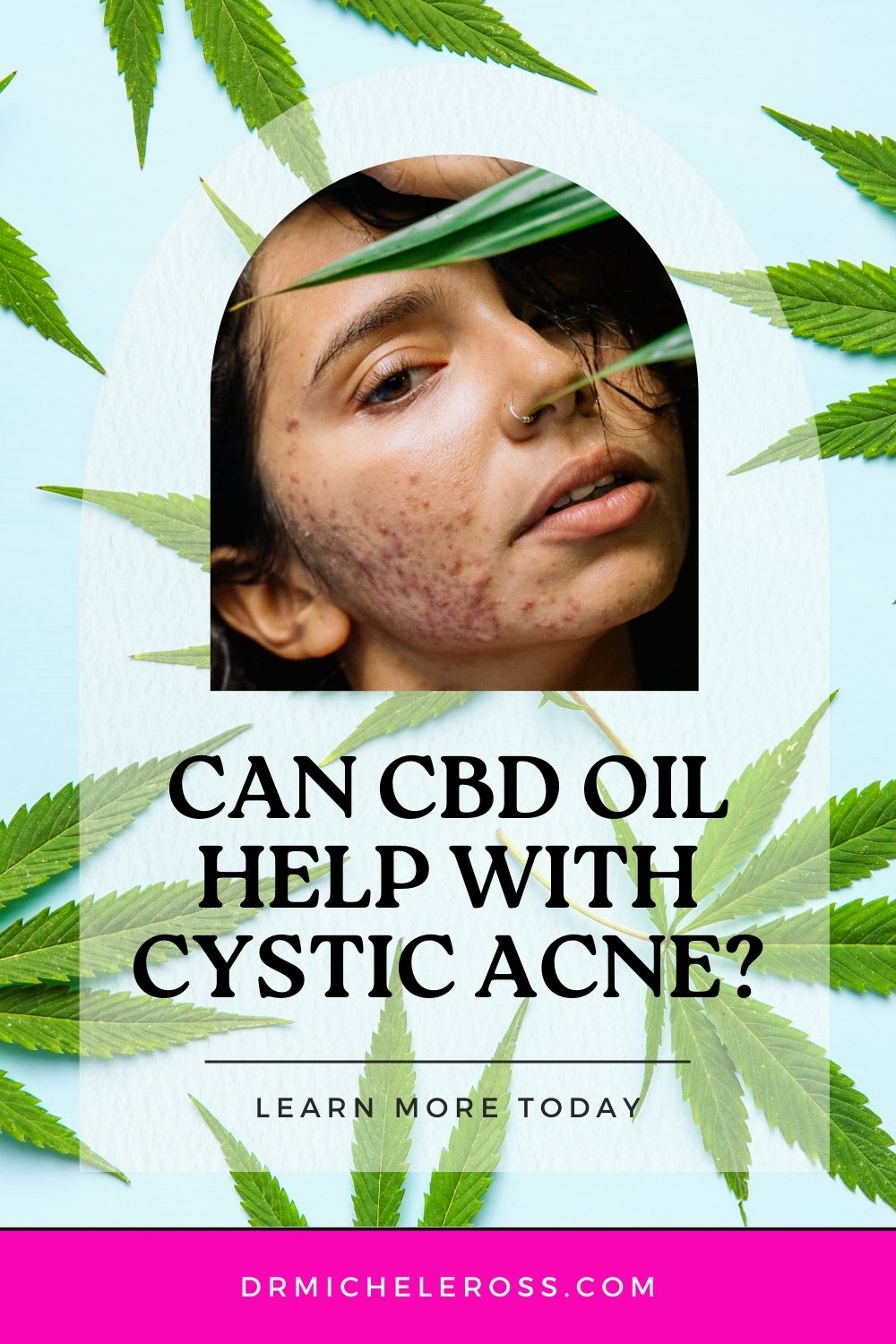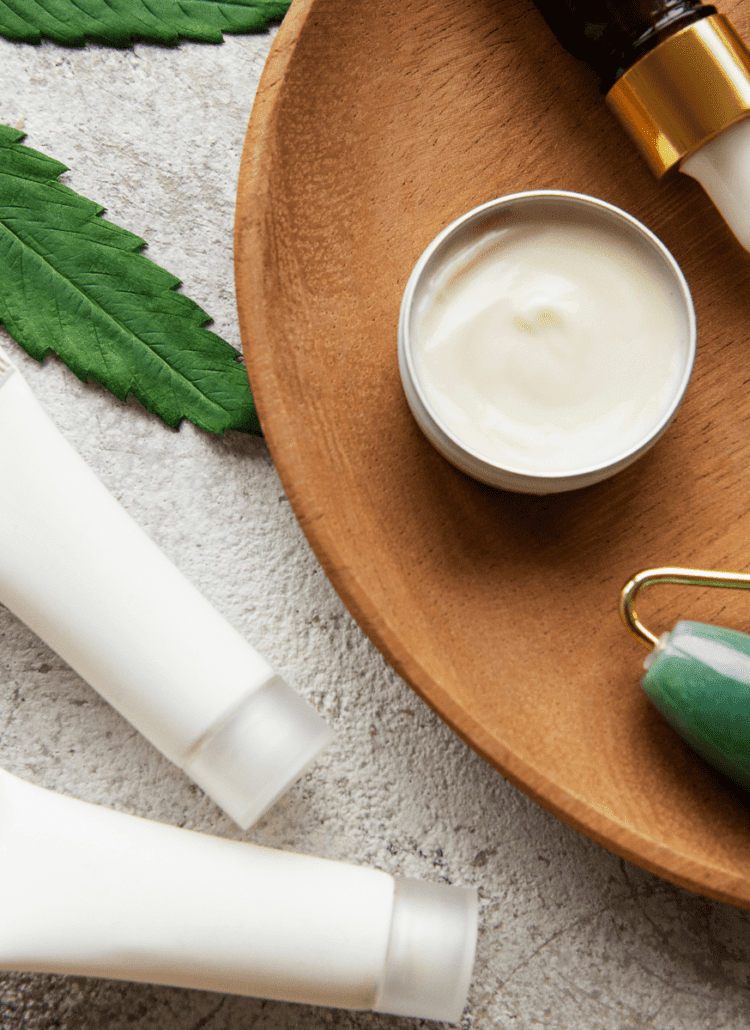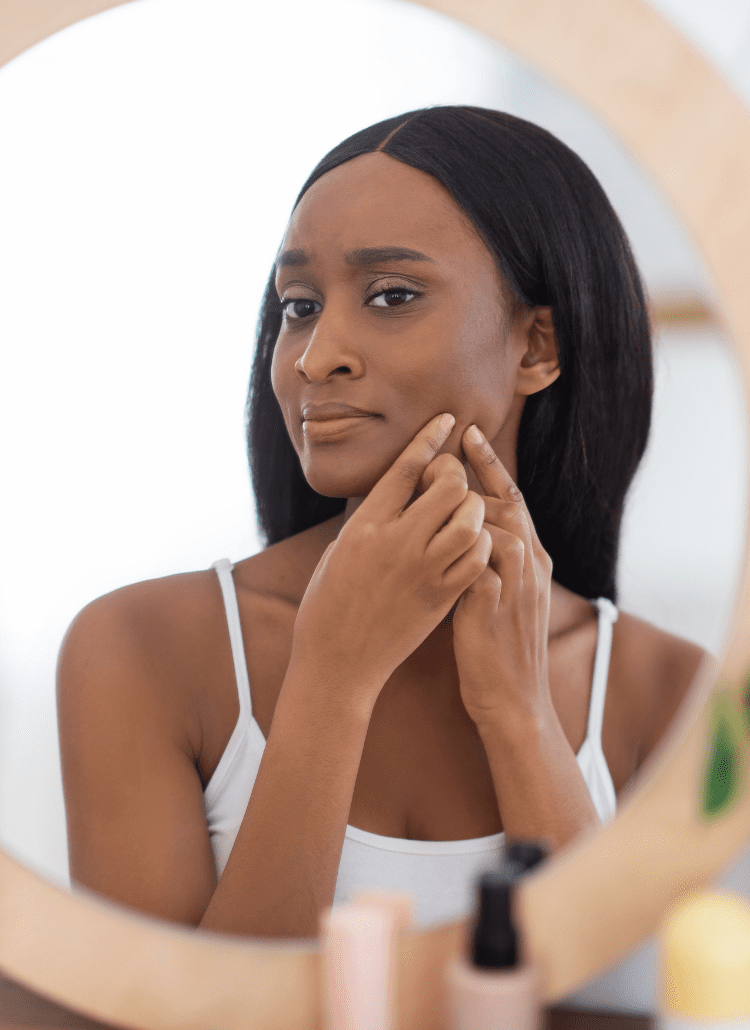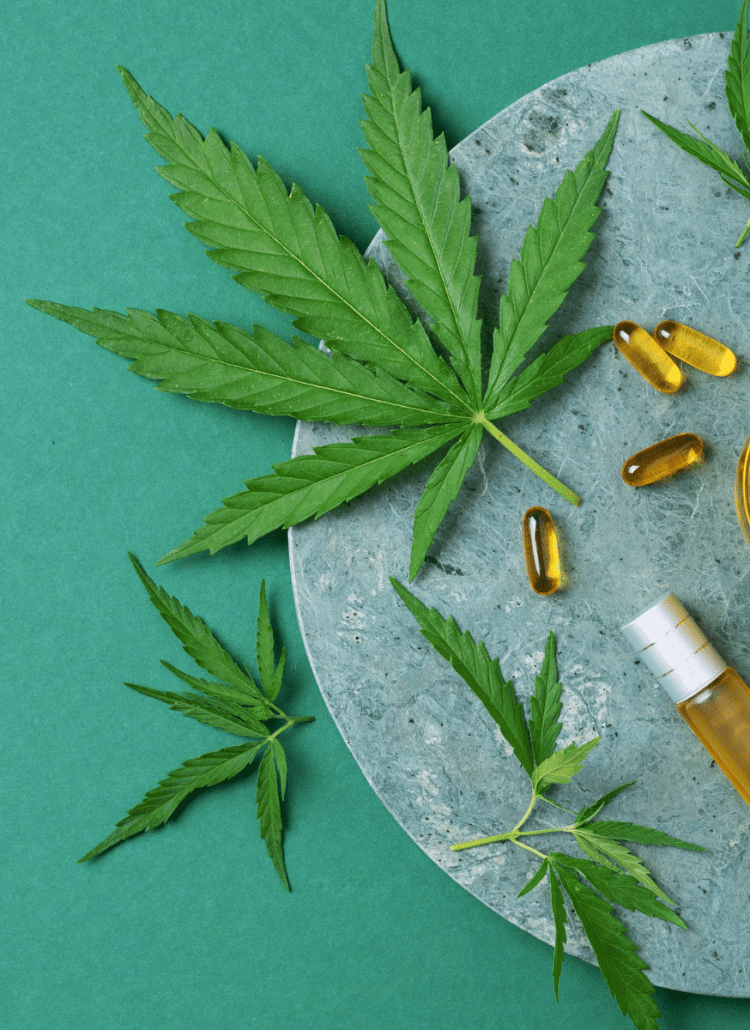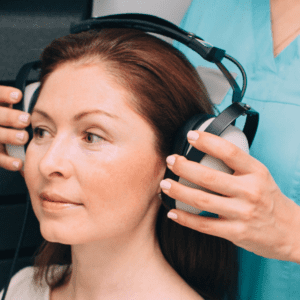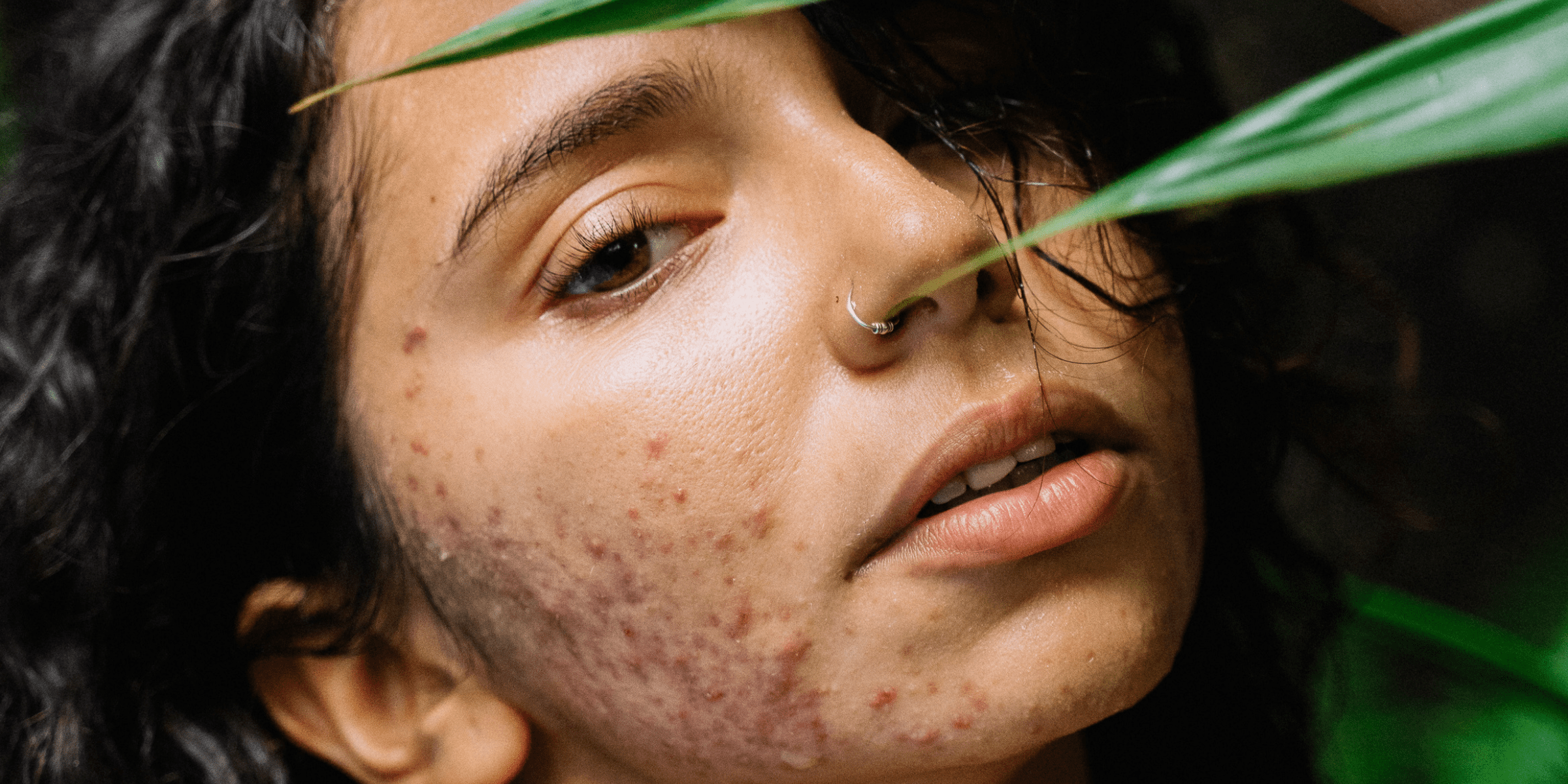
Severe acne that can be physically and emotionally upsetting is called cystic acne. Many people are looking into alternative therapies like cannabidiol (CBD) since conventional treatments might not be effective enough. CBD interacts with the endocannabinoid system to regulate several physiological functions, including skin health.
In addition to its antioxidant properties, CBD may help reduce oxidative stress and reduce redness and swelling related to cystic acne by lowering inflammation. Furthermore, pure CBD cream from a top brand like CBDNorth may help control excessive oil production, a typical cause of acne development, by modulating sebum production. Growing interest is being shown in CBD’s potential benefits for skincare, especially in treating cystic acne.
What is Cystic Acne?
Deep, painful, inflammatory cysts beneath the skin’s surface are a defining feature of cystic acne, a severe form of acne. Several things can lead to these cysts, such as overproduction of oil, clogged hair follicles, and the presence of bacteria that cause acne. In contrast to ordinary zits, cystic acne lesions penetrate the skin deeply, producing painful nodules and pockets of pus.
This disorder can have a significant negative effect on one’s self-esteem and frequently leaves scars behind. Medical intervention, including prescription drugs or procedures, is usually necessary to treat cystic acne and avoid long-term skin damage by controlling inflammation.
The most severe type of acne, known as cystic acne, can cause excruciating discomfort and redness. In contrast to other forms of acne that stay on the skin’s surface, cystic acne has deeper roots beneath the skin, and mimics boils. Given the severity of this form of acne, a potent spot treatment for cystic acne is typically necessary.
How Does CBD Work for Cystic Acne Treatment?
The evidence supporting CBD’s use in treating acne is encouraging. It appears to reduce the growth of germs, sebum production, and inflammation that cause acne. While topical and oral drugs are commonly used to treat cystic acne, new research indicates that CBD, a non-psychoactive chemical derived from the cannabis or hemp plant, may also be beneficial in treating this difficult skin condition.
The effects of CBD on human sebocytes, the cells that produce sebum, were investigated in a study. The researchers discovered overproduction of the greasy sebum by these cells was inhibited by the CBD. Additionally, they disclosed that CBD oil inhibited the activation of inflammatory cytokines and caused an anti-inflammatory response in the cells. Reducing cytokines may help stop future acne outbreaks because they may be the cause of acne.
A study also found that the cannabis plant emphasized its antifungal and antibacterial properties. These results could lessen skin diseases caused by dirt and other impurities.
The Science of Cannabidiol for Cystic Acne
CBD is well-known for its anti-proliferative and sebostatic properties. The production of greasy material called sebum by the skin’s sebaceous glands is a major factor in the onset of acne. Acne lesions and clogged pores can result from excessive sebum production, aberrant cell growth, and inflammation. According to studies, CBD may influence the functioning of sebaceous glands to assist in regulating sebum production, hence avoiding the development of acne lesions.
- It is also noteworthy that CBD has the ability to lessen oxidative stress. Oxidative stress can make acne symptoms worse and is a contributing factor to inflammation. Because CBD is a potent antioxidant, it may be able to counteract free radical damage, reducing oxidative damage and enhancing general skin health.
- Although the research on CBD for cystic acne that is now available is encouraging, it is important to interpret these results cautiously. To treat cystic acne, more thorough clinical trials are required to determine the ideal CBD dosage, formulation, and long-term safety.
- Additionally, people who are thinking about using CBD to treat their acne should speak with medical specialists first because CBD can interfere with some drugs and may not work the same way on different skin types. For medical professionals to suggest CBD oil or cannabis-related products as a component of a skincare regimen aimed at treating acne, human studies must yield concrete proof.
How to Use CBD for Cystic Acne Treatment?
Cannabidiol, or CBD, has grown popular because of its possible medical benefits, which include the treatment of diseases like cystic acne. When thinking about using CBD to treat cystic acne, it’s critical to approach ingestion with knowledge and consideration.
- Oral intake is one popular way that CBD is consumed for cystic acne. It is recommended to begin with a lower dosage of CBD and increase it as needed when calculating the appropriate amount to drink.
- When consuming CBD oil for its acne-fighting properties, a lower dosage should produce effects because the skin is much more sensitive and can react to much less product.
- If applying CBD topically is more your style, start by diluting your CBD oil with a carrier oil. To make sure your skin does not react adversely to this, it is advisable to test it first on a tiny area of your skin that is less noticeable or sensitive.
- By specifically targeting the epidermis aka skin, this technique enables the CBD to engage with specific receptors. Positive outcomes might be obtained if the product is applied consistently throughout time.
- A practical method to take advantage of CBD’s potential advantages for cystic acne is to incorporate it into your everyday beauty routine. Cleansers and moisturizers with CBD included offer a mild and even application that improves the general health of the skin. Depending on specific requirements and health factors, medical advice might assist in determining the correct dosage and mode of consumption.
Conclusion
The potential advantages of CBD for cystic acne offer those looking for non-traditional treatments a fascinating new direction. Studies indicate that the anti-inflammatory and sebum-regulating characteristics of CBD could potentially lead to enhanced skin well-being.
The information suggests a positive association between CBD and the possible relief of cystic acne symptoms, while additional research is required to draw firm conclusions. This gives hope to individuals who are considering natural and holistic skincare methods.
Pin This Post
